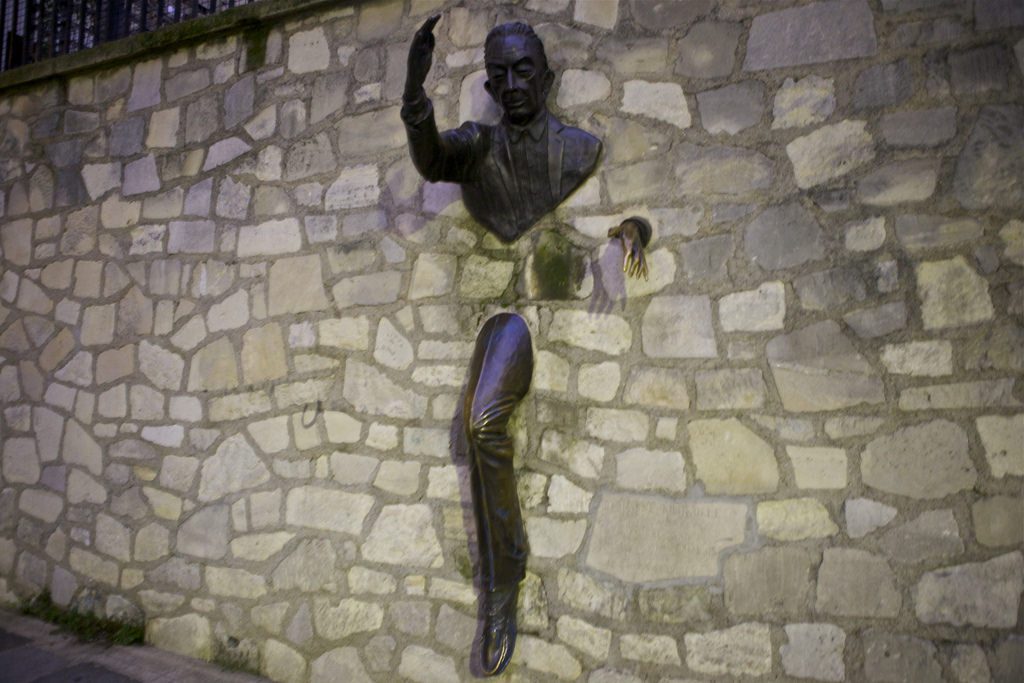A ridiculous rumour is going round the neighbourhood about new restrictions. In order better to anticipate shortages and to guarantee improved productivity in the working portion of the population, the authorities are going to put unproductive consumers to death; unproductive meaning: older people, retirees, those with private income, the unemployed and other superfluous mouths.
Opening lines of “Tickets on Time” by Marcel Aymé (translated by Sophie Lewis)
Another story by Marcel Aymé. In this one, “La Carte” in French, the reader must accept the assumption of time-rationing. It’s like food rationing in wartime, and indeed the story is set during the occupation of France in the early 1940s. But now the consumer is forced to ration his time, having the right to only a certain number of days per month, and will be temporarily put to death according to his entitlement. Aymé makes mischievous fun of his own profession as a writer: his main character, Jules Flegmon, is horrified that writers have been lumped together with painters, sculptors and musicians as consumers decreed to be unproductive for the State and returning less than their upkeep.
Aymé’s fictitious character died for 15 days each month. But the real writer Marcel Aymé lived every day of his life until he died in 1967. He lived in Montmartre and has a Place named after him (see header photo of the Place Marcel Aymé), and he’s buried in Montmartre where his character Jules Flegmon lived, died and lived until the decree was abolished.

*


